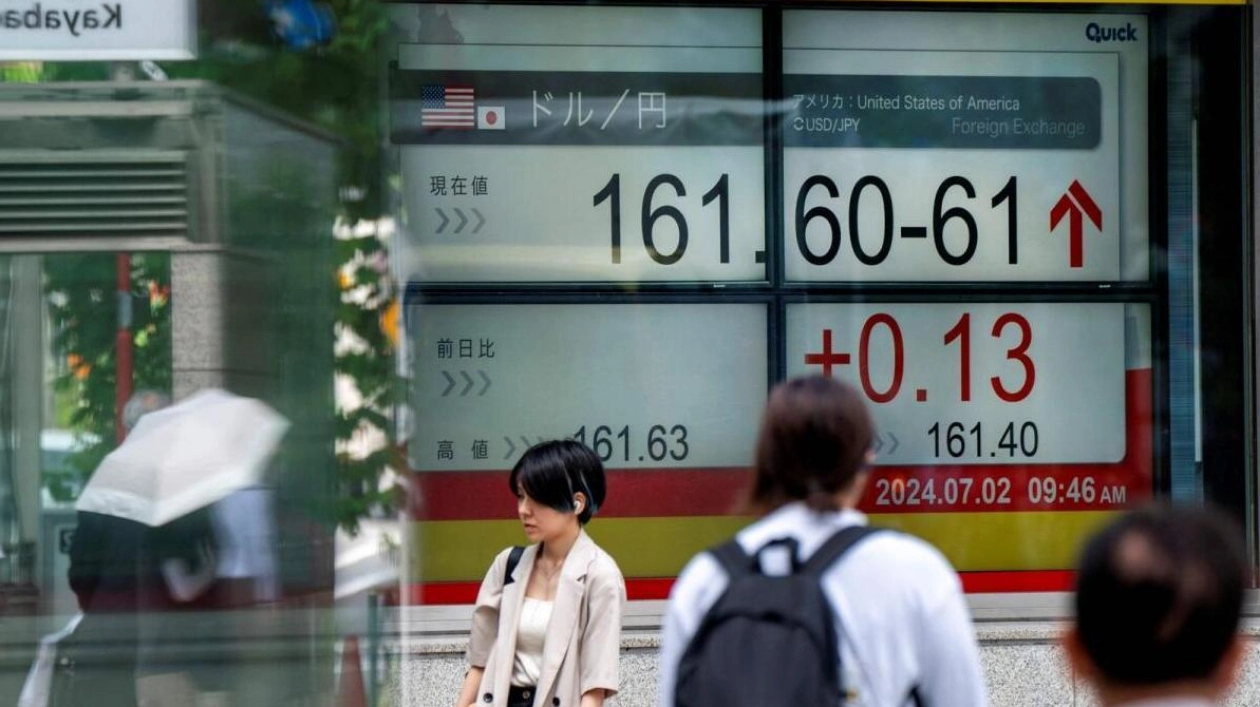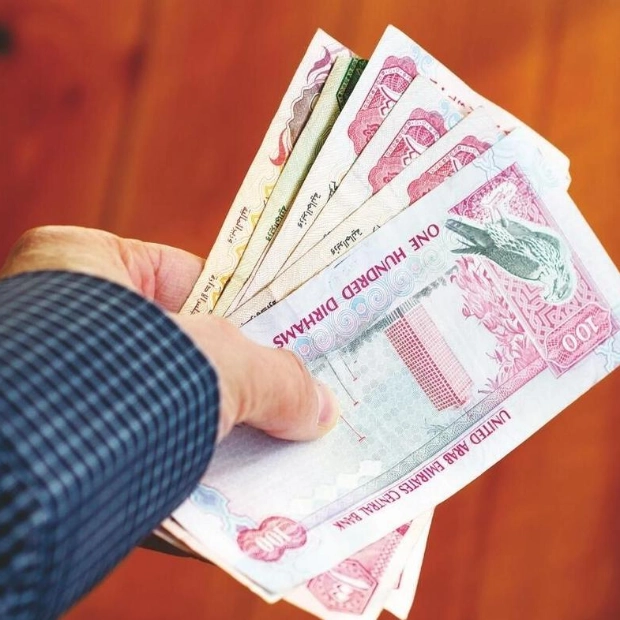European equities experienced a decline on Tuesday, partially unwinding the previous day's relief rally, as the U.S. dollar reached a nearly 38-year peak against the Japanese yen due to heightened Treasury yields amid speculation about a second term for Donald Trump. The broad Stoxx 600 index in Europe fell by 0.5%, and France's CAC40 index dropped 0.65%, failing to maintain its prior gains. Most other European indices, including those of the UK, Germany, Italy, and Spain, also closed lower.
The French blue-chip index had surged by 1% on Monday following the first round of the country's parliamentary elections, which suggested a likely legislative stalemate rather than a majority for the extreme right or left. The premium required by investors to hold French over German debt narrowed to 75 basis points post-election, although investors remain cautious ahead of the final round of voting this coming Sunday.
Tuesday's focus is on whether opponents of France's far-right can form a united front to impede its path to victory. U.S. assets are also heavily influenced by election considerations, with Treasury yields staying high and supporting the dollar. According to Derek Halpenny, head of research at MUFG, investors seem to be increasingly trading based on the prospect of a Trump win, which could lead to more fiscal stimulus and trade tariffs, potentially exerting upward pressure on long-term yields.
The 10-year Treasury yield stood at 4.45%, down 3 basis points for the day but nearing the previous day's one-month high of 4.49%, and up approximately 20 basis points in less than a week. Germany's 10-year yield was at 2.59%, close to the previous day's two-week high, mirroring movements in U.S. yields as investors adjusted their safe-haven asset holdings post-French election. U.S. S&P 500 and Nasdaq futures were down about 0.4%.
The stronger U.S. yields bolstered the dollar, which traded at $1.0719 against the euro. Notably, the dollar climbed to 161.745 yen, a level not seen since December 1986, prompting heightened vigilance for potential Japanese intervention. Japanese Finance Minister Shunichi Suzuki emphasized ongoing vigilance over currency markets but did not reiterate a readiness to act, leading market participants to test the Ministry of Finance's resolve to support the yen.
Japan's Nikkei index, which often benefits from a weaker currency, surged more than 1%, outperforming other major regional markets. Meanwhile, China's yuan hit a new seven-month low, influenced by a broad shift in the central bank's daily guidance, suggesting a willingness to allow the currency to depreciate further. Monetary policy discussions will be in focus as Federal Reserve Chair Jerome Powell and other key policymakers speak at an event in Portugal hosted by the European Central Bank.
In energy markets, Brent futures rose 0.36% to $86.93 per barrel, following a 1.9% increase the previous day. Gold prices remained stable at $2331.4 an ounce.






